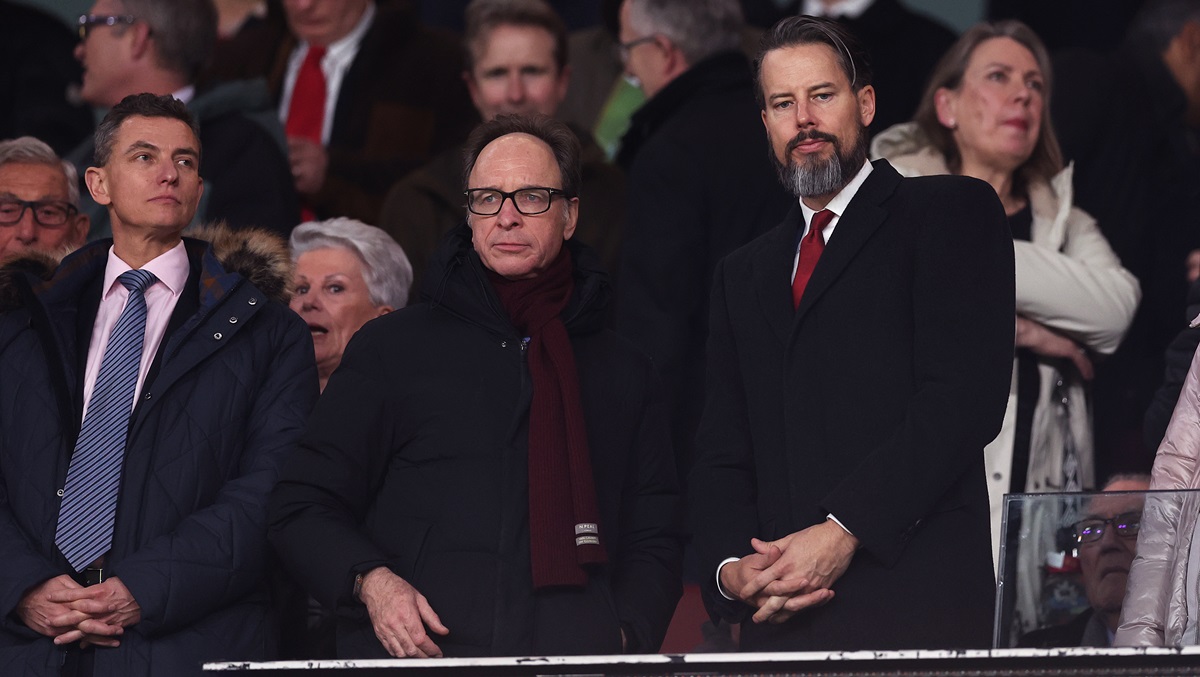Mikel Arteta was notably abrupt when walking out of his post-match interview.
He is like a chef perplexed as to why, in a multimillion-pound restaurant, the kitchen knives are blunt. Like an office worker frustrated that his billionaire owner refuses to update the software. Like a student arriving for his final exam without a fresh stationery set.
In football, at any level, division, or country, the fundamental rule remains the same: the team that scores the most goals wins. Having an effective source of goal-scorers is imperative. Attempting to chase down the league leaders with a midfielder as a striker, relying on a teenager, and using left-backs as attacking substitutions was never going to catch Liverpool.
Arteta’s demeanour on Sunday suggests he genuinely believed Arsenal remained title contenders even after the transfer window closed. It is admirable how much faith he has in his squad, yet there is also a disconnect in his inability to foresee what so many Gooners could.
I have felt sorry for the Spaniard since January. He asked his superiors for reinforcements, and they refused. The club’s owners were informed of a shortage in a key area, yet they chose inaction. Why pay someone so much to run the club daily and then disregard them when they highlight a lack of resources?
I have little doubt that, in private, Arteta expresses his frustration at his employers’ lack of ambition. But in public, what can he say? While I sympathise, I cannot ignore that for someone who claims to relish finding internal solutions, he continues to repeat the same tactics week after week.
It is no coincidence that Arsenal have won just one league match since the transfer deadline. In two of those four games, they failed to score. In three of the last four Champions League matches, as well as in the Carabao Cup, the same issue has persisted: dominating possession without creating clear chances, an abundance of sideways passes, and the opposition’s goalkeeper rarely tested.
We all recognise the problem, but a lack of attacking options does not justify persisting with an approach that is clearly ineffective. A manager’s role is to maximise the resources available. Arteta is the third-highest-paid coach in the world. If his front three are underperforming, I expect a better solution than simply selecting the same trio each time.
At the City Ground, one would have expected a more innovative tactical approach rather than simply bringing on any available senior player. When the season is reviewed in May, many will pinpoint the January transfer window as the moment the title challenge faltered. Yet, that does not excuse the failure to attempt to fix a clearly broken system.
It is not an either-or situation. The Kroenke family have once again let the club down, but more can still be expected from the coaching staff. Can different results be expected if the same ineffective tactics are repeated?

(Photo by Julian Finney/Getty Images)
Yes, [Arsenal scored seven goals in midweek](https://www.justarsenal.com/seven-star-arsenal-batters-psv-in-champions-league-round-of-16-first-leg/387973), but that only highlights how much this young team benefits from the psychological relief of an early goal—it is as if a weight is lifted from their shoulders. Opponents are aware that the longer they stay in the game, the more anxiety cripples Arsenal’s players. Occasionally, a team can compensate for a lack of attacking threat, but over time, it catches up with them.
If the current formation is failing, there is nothing to lose by attempting something fresh. At the very least, players might receive a lift from trying a new system rather than persisting with one they already know is not working.
Why not experiment with five at the back, using the full-backs as attacking outlets? Clearly, Kieran Tierney and Oleksandr Zinchenko are seen as better options than Raheem Sterling at present, so why not start them both? Naturally, the coaching staff see the players in training every day, and it is evident that Sterling has lost his spark. Yet he is not the only player out of form—he is merely the only one who has been dropped because of it.
Starting with fewer attackers logically means having a viable Plan B from the bench. With nothing to play for domestically, why not use Old Trafford as an opportunity to trial a new system or formation? Surely, that can only improve Arsenal’s chances in Europe.
This Wednesday, a 4-3-3 should not be repeated.
On Sunday, Arteta seemed frustrated when asked whether the 1-1 draw was down to a failure to strengthen the attack. Perhaps he is tired of answering the same question every week. But Arsenal fans are equally exhausted from witnessing the same story unfold time and again.
If the same narrative is repeated, the same observations will be made. If Arteta does not like it, he must change it. And to change it, he must try something new.
Continuing with an approach that is not working while expecting a different outcome? That is either naive, arrogant—or both.